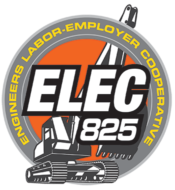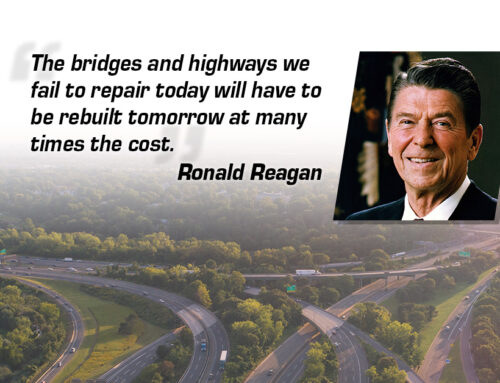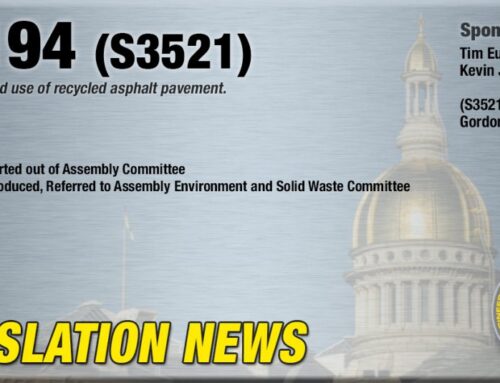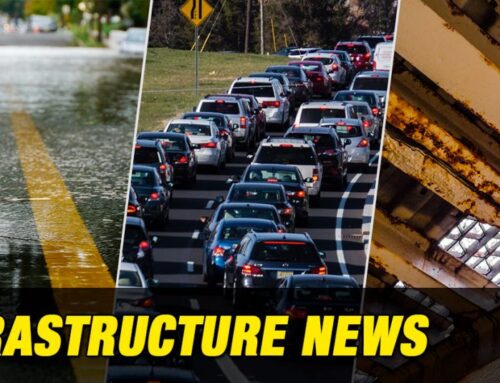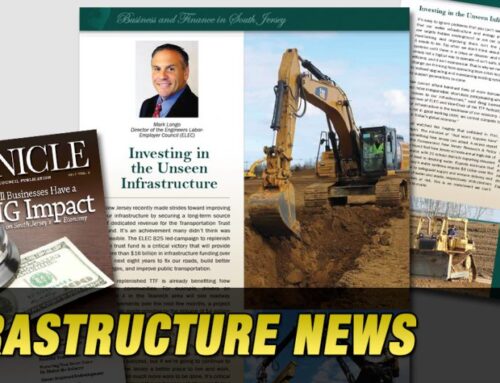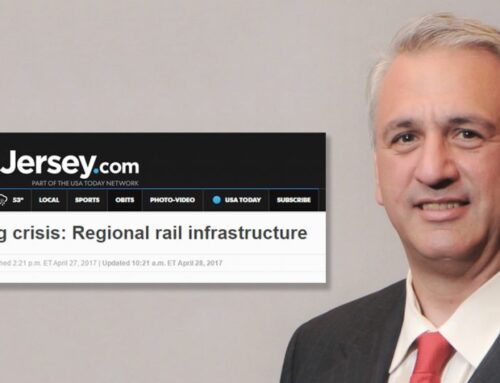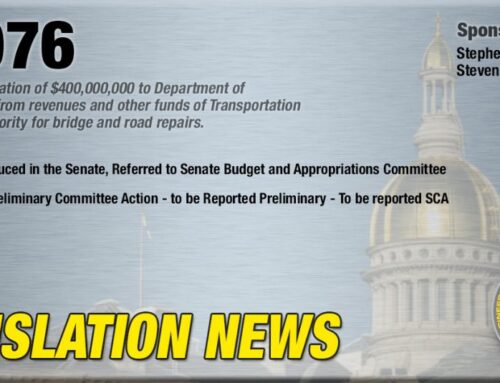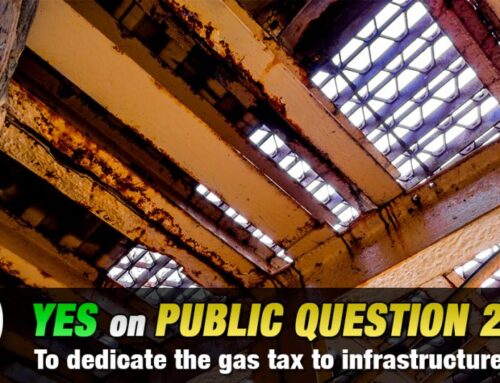My fellow Americans:
This special holiday weekend is a time when we all give thanks for the many things our land is blessed with. It’s also a fitting time for us to think about ways in which we can preserve those blessings for future generations.
One of our great material blessings is the outstanding network of roads and highways that spreads across this vast continent. Freedom of travel and the romance of the road are vital parts of our heritage, and they helped to make America great. Four million miles of streets and roads make it possible for the average citizen to drive to virtually every corner of our country — to enjoy America in all its beauty and variety. They also form a vital commercial artery unequaled anywhere else in the world.

Our interstate system has reduced by nearly a day and a half the time it takes to drive coast to coast. And more efficient roads mean lower transportation costs for the many products and goods that make our abundant way of life possible. But let’s face it: Lately, driving isn’t as much fun as it used to be. Time and wear have taken their toll on America’s roads and highways. In some places the bad condition of the pavement does more to control speed than the speed limits.
We simply cannot allow this magnificent system to deteriorate beyond repair. The time has come to preserve what past Americans spent so much time and effort to create, and that means a nationwide conservation effort in the best sense of the word. America can’t afford throwaway roads or disposable transit systems. The bridges and highways we fail to repair today will have to be rebuilt tomorrow at many times the cost.
So I’m asking the Congress when it reconvenes next week to approve a new highway program that will enable us to complete construction of the interstate system and at the same time get on with the job of renovating existing highways. The program will not increase the Federal deficit or add to the taxes that you and I pay on April 15th. It’ll be paid for by those of us who use the system, and it will cost the average car owner only about $30 a year. That’s less than the cost of a couple of shock absorbers. Most important of all, it’ll cost far less to act now than it would to delay until further damage is done.

And I should point out, delay is also dangerous as well as costly. And let me give you a few examples.
There’s already a section of interstate highway in Illinois that’s so far gone the truckers call it the only all-gravel interstate in the country. There are bridges that schoolbus drivers won’t drive across until the children get out of the bus and cross on foot. Little league baseball actually had to be suspended on a field underneath the Queensborough Bridge in New York because of the condition of the bridge. And in one small community in Pennsylvania, a family living beneath a bridge that’s part of I – 70 has told their children not to play outdoors because rubble from the bridge keeps falling into the yard.
Overall, we have 4,000 miles of interstate highway that need resurfacing and 23,000 bridges that need replacement or repair. Our cities also have vital public transit capital needs for new buses, new or rebuilt rail cars, and track improvements that will total $50 billion over the next 10 years.
Common sense tells us that it’ll cost a lot less to keep the system we have in good repair than to let it crumble and then have to start all over again. Good tax policy decrees that wherever possible a fee for a service should be assessed against those who directly benefit from that service. Our highways were built largely with such a user fee — the gasoline tax. I think it makes sense to follow that principle in restoring them to the condition we all want them to be in.

So, what we’re proposing is to add the equivalent of 5 cents per gallon to the existing Federal highway user fee, the gas tax. That hasn’t been increased for the last 23 years. The cost to the average motorist will be small, but the benefit to our transportation system will be immense. The program will also stimulate 170,000 jobs, not in make-work projects but in real, worthwhile work in the hard-hit construction industries, and an additional 150,000 jobs in related industries. It will improve safety on our highways and will make truck transportation more efficient and productive for years to come.
Perhaps most important, we will be preserving for future generations of Americans a highway system that has long been the envy of the world and that has truly made the average American driver king of the road.
Thanks for listening, and until next time, God bless you.
President Reagan
Radio Address to the Nation on Proposed Legislation for a Highway and Bridge Repair Program
November 27, 1982
